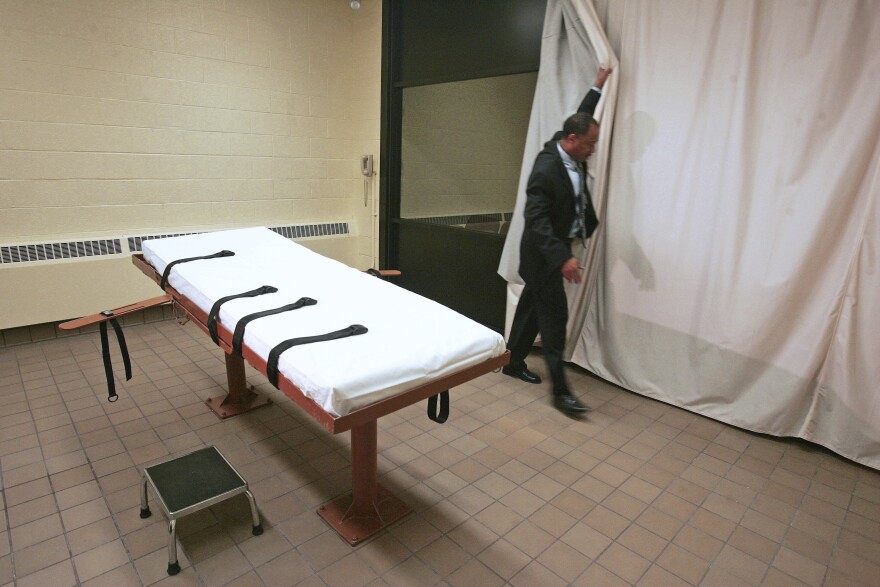Gov. Mike DeWine is delaying the execution of a death row inmate for the second time, as the state works to overhaul its lethal injection protocol. But anti-death penalty advocates say it's time for a more comprehensive change to the way Ohio prosecutes capital punishment cases.
Abraham Bonowitz says the current system is broken. His group, Journey of Hope, works with the families of murder victims who say the death penalty doesn’t bring them closure.
As Bonowitz explains, a state task force released more than 50 recommendations that could change how capital punishment cases are handled.
"We have this road map for how to fix the system and yet nobody's even talked about it," says Bonowitz.
Suggestions include using only certified crime labs, not allowing jailhouse informant testimony, and requiring recorded interrogations.
Few of these recommendations, which were released in 2014, have been implemented.
Bonowitz calls for this change as the Ohio Department of Rehabilitation and Correction works on creating a new lethal injection protocol. DeWine says the state is running into challenges crafting that new procedure, which includes obtaining the necessary drugs.
The state's prisons department started working on this new protocol after U.S. District Court Judge Michael Merz released an opinion calling Ohio's lethal injection process "cruel and unusual."
However, the state is still allowed to carry out the execution of Warren Henness because the death row inmate did not show that an alternative means of carrying out the execution was available.




